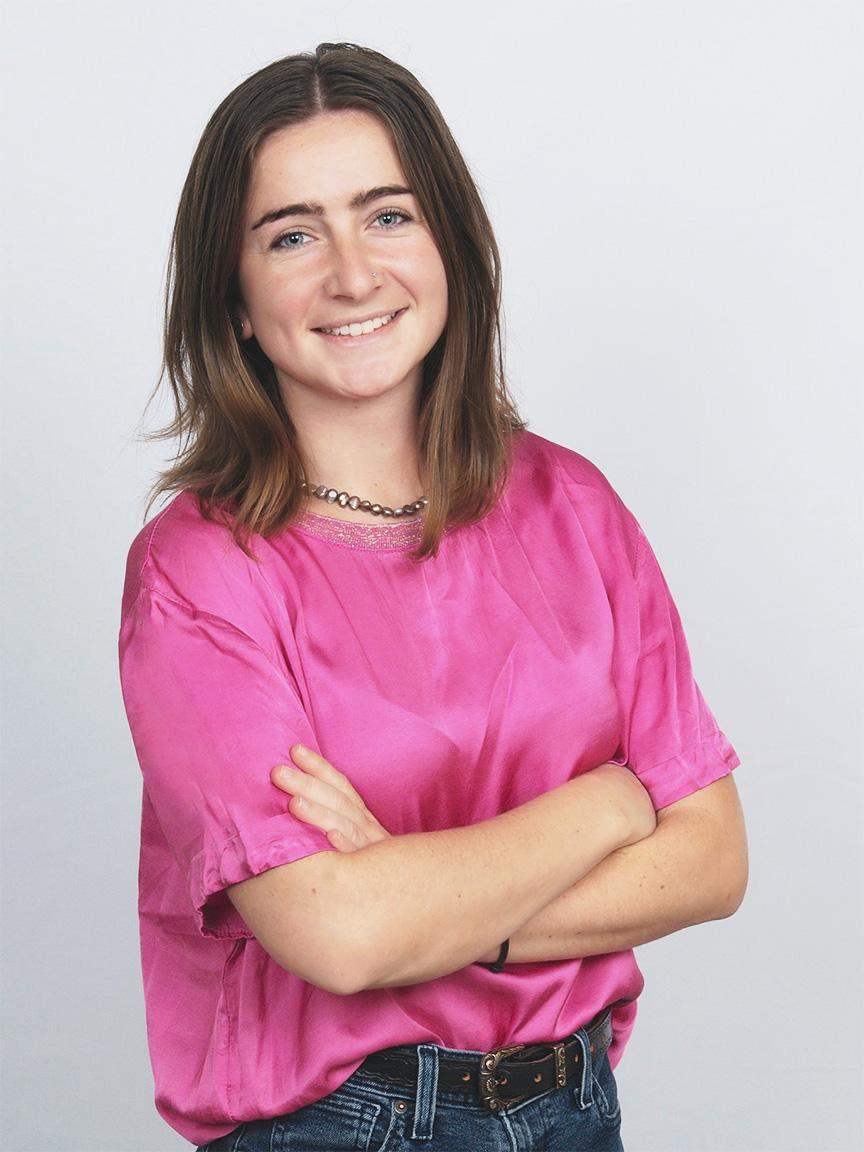
‘We can’t give up!’
Young people need to be more heavily involved in decision-making processes, says Carolina Tornesi MacKinnon, President of the World Youth Parliament for Water. In this interview, she explains the role young people play in climate action and what can be done to get their voices heard.
Ms Tornesi MacKinnon, we’re at the halfway point for realising the UN Sustainable Development Goals. What progress has been made so far with respect to achieving the water-related SDGs, and which areas require more work?
Sadly, it feels a bit like nothing has happened at all. The topic of water is a constant theme in both my professional and private life, but outside of my bubble there’s still far too little discussion about it. The majority of people in Europe and the US have no idea that we are already in an acute global water crisis. But even in these places, access to drinking water is becoming increasingly difficult due to the continuous decline of groundwater levels. We have to implement long-term strategies to turn this around.
It appears that many people around the world have yet to understand the risks associated with the climate crisis.
What sort of strategies?
At the moment, we’re seeing young people in particular pushing for change in how our natural resources are used. So one idea might be to integrate the correct way to deal with water into school curriculums. Another option could be national and international campaigns. People have to know how much water they are using. They have to know where their water comes from and what impact their water consumption has – on the environment, biodiversity and global temperatures.
Why is it young people in particular who are making a greater effort with respect to environmental protection and climate action?
It appears that many people around the world have yet to understand the risks associated with the climate crisis – including the economic impact. We live in capitalist societies and many politicians and influential companies seem to share a focus on short-term profit rather than sustainable solutions. Continuing on this path will result in significant increases in the costs associated with extreme weather events, water shortages and rising sea levels. So we have to think long-term. This is especially true for large, industrialised nations. We have to oblige politicians in these countries to react to the climate crisis with greater urgency. And this is precisely what young people across the globe are doing – making noise and generating publicity to demand that their representatives finally take action.
What options are out there with regard to integrating young people more heavily into decision-making processes and policy discussions on environmental protection?
I’d like to see more opportunities for discussion and dialogue. We have to teach young people how to express their demands most effectively and show them what options they have to actively support environmental protection. In terms of policy, I would like to see greater openness. Politicians should discuss things more with the people they represent and listen to their concerns and problems. It is important that they interact with young people too, as it is their future the politicians are making decisions about.
Many countries are already facing extreme water scarcity. How can we ensure that the water-related SDGs support primarily those who are most heavily impacted by water scarcity?
For many people, focusing their efforts on improving sustainability simply isn’t an option. They already struggle with the impacts of climate change, have no reliable access to drinking water and suffer from food shortages and environmental disasters. Politicians have to actively approach them – they don’t have time to make their voices heard in long, drawn-out processes.
What role can grassroots movements and local communities play in shaping water strategies on a national and international level?
Local non-governmental organisations can focus primarily on supporting people in the countries that are already being severely affected by the climate crisis. They act as a mouthpiece for expressing the demands of the people on the ground who don’t have the power or the means to play an active role themselves.
What hopes do you have for the coming seven years in the run-up to the final implementation of the 2030 Agenda?
I don’t believe that we will achieve the Sustainable Development Goals by 2030. It’s OK if we fail, but we can’t give up. I hope that we can learn from our mistakes and take a more action-orientated approach to how we live and work.

Carolina Tornesi MacKinnon, President of the World Youth Parliament for Water © private